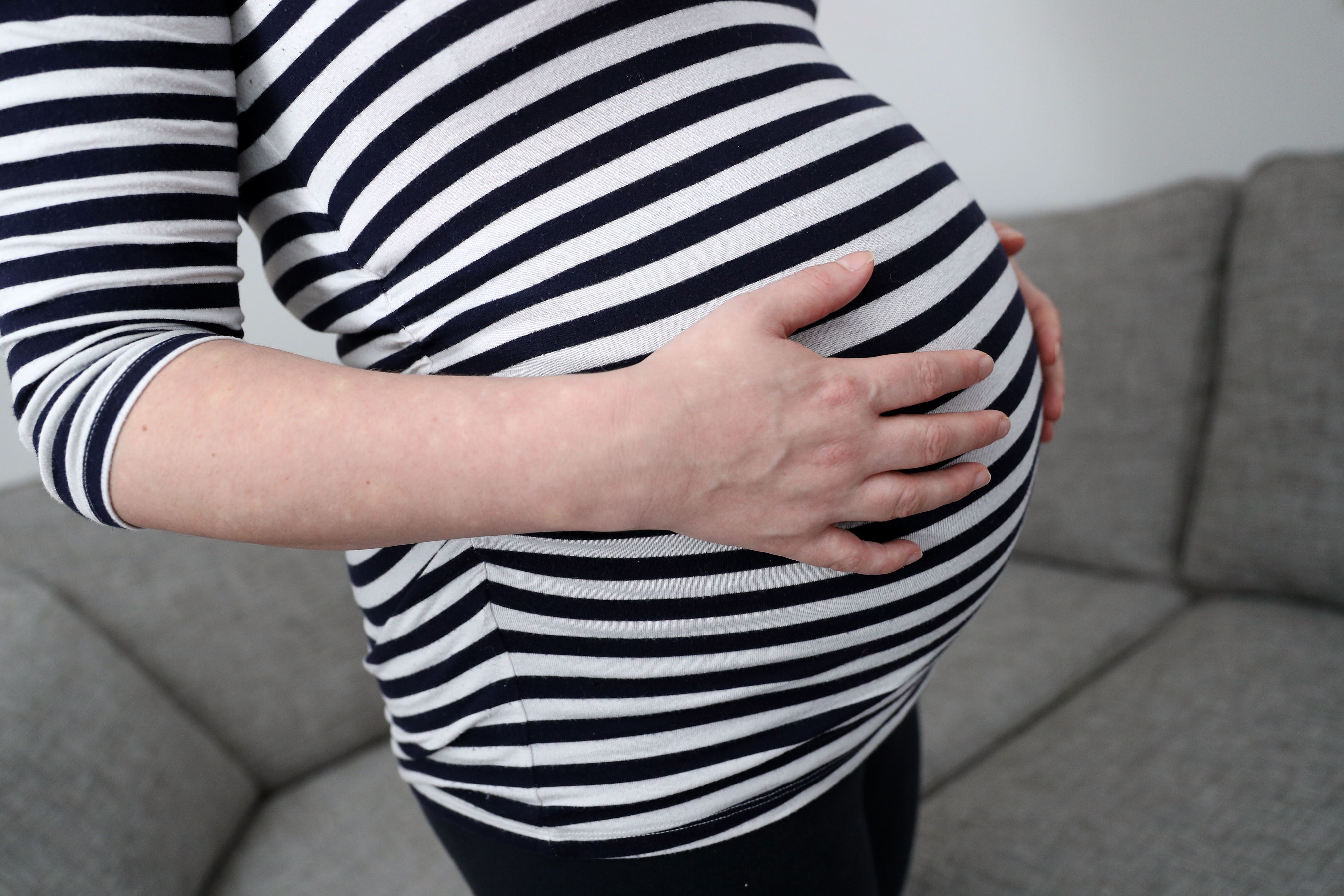Proposed changes to surrogacy law ‘will not be taken forward at the moment’
The Government had commissioned a review amid rising demand in an area where the existing laws are seen to fall short.

Your support helps us to tell the story
From reproductive rights to climate change to Big Tech, The Independent is on the ground when the story is developing. Whether it's investigating the financials of Elon Musk's pro-Trump PAC or producing our latest documentary, 'The A Word', which shines a light on the American women fighting for reproductive rights, we know how important it is to parse out the facts from the messaging.
At such a critical moment in US history, we need reporters on the ground. Your donation allows us to keep sending journalists to speak to both sides of the story.
The Independent is trusted by Americans across the entire political spectrum. And unlike many other quality news outlets, we choose not to lock Americans out of our reporting and analysis with paywalls. We believe quality journalism should be available to everyone, paid for by those who can afford it.
Your support makes all the difference.Changes to the law which could have seen couples become a surrogate child’s legal parents at birth will not be taken forward “at the moment”, a health minister has said.
Maria Caulfield was responding to proposals published by the Law Commission in March suggesting major reforms to the decades-old law on surrogacy.
The Government commissioned a review amid rising demand in an area where the existing laws are seen to fall short in providing the right level of protection for everyone involved.
The proposals, published by the Law Commission of England and Wales and the Scottish Law Commission, suggested a surrogate would be able to withdraw her consent until six weeks after the baby’s birth but by that stage she would have to apply for a parental order to gain legal parental status instead of the intended parents.
Surrogacy – where a woman becomes pregnant and gives birth to a child for another family – is governed by laws going back in part to the 1980s, which have been described by the commission as “outdated and not fit for purpose”.
In a letter to the commission this week providing an interim response to the proposals, Ms Caulfield wrote: “While we appreciate the importance of this work, parliamentary time does not allow for these changes to be taken forward at the moment.”
She thanked the commission for a “comprehensive report about a sensitive and still contended area” and said the Department of Health and Social care is working with other Government departments “to review the report’s recommendations to inform a full Government response, which we will publish in due course”.
The Law Commission argued that the law as it stands does not work in the best interests of the children born though surrogacy, women who become surrogates, or intended parents and suggested a “new pathway” overseen by new non-profit-making bodies called Regulated Surrogacy Organisations to provide support to the surrogate and the intended parents.
The commission also criticised the current law around payments to surrogates as lacking clarity and being difficult to enforce, and proposed bringing in clear categories of payment that the intended parents will be allowed to make to the surrogate.
Following the minister’s letter, the Law Commission said it would await the Government’s full response to the recommendations.
Anti-surrogacy campaigners welcomed the confirmation that changes would not be going ahead for now.
Helen Gibson, founder of Surrogacy Concern, said: “The Law Commission’s plans would have been a disaster for women and children and would have led to a boom in surrogacy cases in our country; giving us a commercial surrogacy model in all but name.”